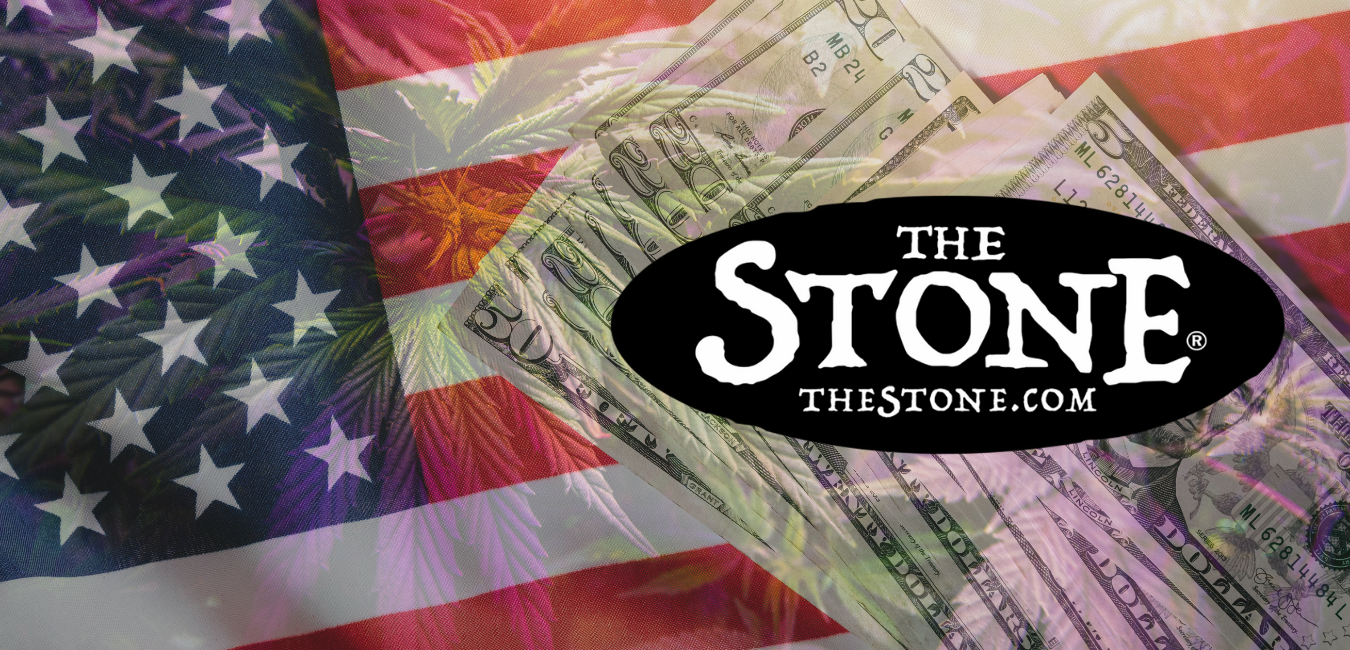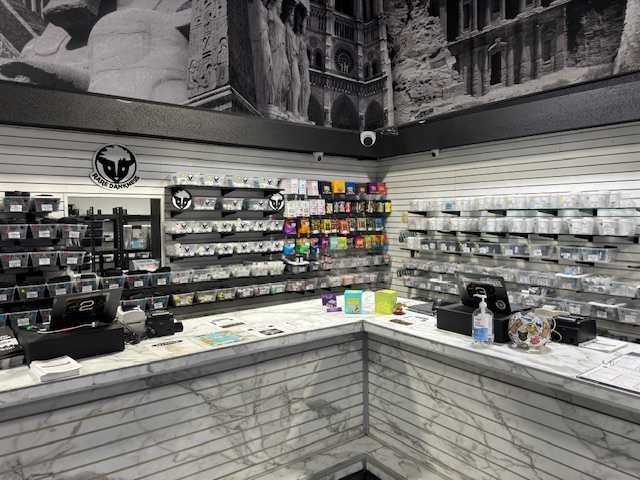
This website is for users aged 21 and over. Please confirm your age.

The idea of legalizing marijuana isn’t new. But the political climate is shifting that’s why more states are starting to legalize Cannabis. In recent years, many states have moved toward legalization for medical purposes. While, decriminalization, in a few states, have even legalized marijuana outright. As time goes on, we can expect to see more federal laws change to reflect the growing legalization of marijuana.
The federal government classifies marijuana as a Schedule I drug. The classification is generally for drugs with a high potential for abuse. They are not regulated for medical use. Many in the scientific community have questioned that classification. They argue marijuana is less addictive than Schedule I substances. Schedule 1 substances are heroin, LSD, and ecstasy. The advocates lobbying efforts focus on decriminalization then the legalization of Cannabis.
As more states legalize Cannabis for recreational or medical purposes, it’s becoming harder to ignore the conflict between state laws. These laws concerning their permitting Cannabis use and a federal law banning its use. Many speculate the federal government will reschedule marijuana in the near future. However, it is not clear if or when that might happen.
In 1996, California became the first state to legalize medical marijuana with Proposition 215. Twenty years later, 29 states and Washington, D.C., have legalized the use of marijuana in some form. Many state measures passed in recent years have aimed to allow Cannabis oil, which contains high levels of cannabidiol (known as CBD) and only trace amounts of psychoactive THC, for use by children who suffer from seizure disorders. More recently, other states have taken steps toward outright legalization: Four states and Washington, D.C., have legalized recreational marijuana use, while the rest (so far) have only legalized medical marijuana use.
The wonder is; for the benefits of Weed, why not decriminalize and then legalize?
One reason states are starting to legalize Cannabis is because of the massive economic boost it has provided. Colorado generates a whopping $135 million from marijuana sales in 2015. These millions of dollars enable upgrades and financial assistance for schools, hospitals, and other public programs. In Illinois, the state collected about $42 million in tax revenue from medical marijuana sales between August 2015 and December 2016.
The question is why not Decriminalization also? Legalization has reduced the size of the black market for Cannabis, leading to a reduction in crime. The question is why not then Decriminalization also? The government can tax marijuana directly instead of relying on expensive police operations to enforce laws against possessing and selling it. And studies have shown that legalizing marijuana does not lead to an increase in crime because regulating the drug eliminates the need for a black market.
States that have legalized recreational use have some common rules, but they also allow people to possess different amounts of marijuana and grow it in different quantities, depending on their age. Generally, states that have mandated the legalization of Cannabis require consumers to be 21 or older to buy, possess and use marijuana. Their next step then is for decriminalization. Some states allow adults to grow a certain number of marijuana plants at home. Cultivation is for personal consumption or for producing Cannabis oil. People can use the oil for cooking or making brownies.
By 2022, the projection is up to 26 more states could be joining their ranks. Considering there are 28 states with medical Cannabis laws on the books already, that would mean nearly all US states (and Washington DC) would have legalized some form of Pot within 5 years. The impact this has on the economy and industry as a whole is hard to overestimate. For the country to realize this position, lawmakers need to legislate for Decriminalization then Legalization.
Legalizing Cannabis will create new jobs in various sectors across the country—and maybe even your state! It won’t just be growers and sellers who benefit from an expanded legal market either. Legalization means creating a system for taxing and regulating the sale of Marijuana, which creates opportunities for accountants, lawyers, auditors, manufacturers, distributors, and more.
Many polls indicate not only medical Cannabis will be legal in your state. The poll suggests that recreational use is also gaining support. It has already become legal by voters in Colorado, Washington, Oregon, Alaska, and DC. Most legalized states allow their residents to grow up to six plants for personal use. This means the resulting tax revenue is not as high as it would be if sales were legalized too. However, all five of the aforementioned states expect Cannabis sales to go into effect within the next few years (2016-2020).
It is estimated that the legalization of Weed could provide upwards of $132 million within just three years should California manage to successfully legalize it for both medical and recreational use by 2020. Imagine the potential earnings if the entire country manages Decriminalization then the Legalization of Cannabis by 2022!
By legalizing Cannabis use, states are not only creating a new industry but are also freeing up significant funds that are being wasted on fighting this war on drugs. By preventing non-violent criminals from doing long jail sentences, states can free up money for things like public education programs and drug treatment centers. Many lives can change by using funds to implement needed social programs. People have been looking for an alternative way to manage pain without pharmaceuticals, let alone governments finally working together towards common sense legalization laws. Let us know your thoughts about Weed in our comments section below or write an article about it yourself!
There could be any number of reasons why more US states are starting to legalize weed. Perhaps legislators are watching the success of legalization in states like Colorado and Washington and deciding that it could be a good move for their own state. Or maybe public opinion is swaying in favor of cannabis legalization, with more and more people coming to see it as a responsible way to manage pain and other medical conditions.
Whatever the reason, it’s clear that the momentum behind cannabis legalization is growing. In fact, a recent poll found that 61% of Americans support legalizing cannabis. That’s up from just 36% in 2000. It seems inevitable that the trend will continue, with more and more states joining the ranks of those that have already legalized cannabis for medical and/or recreational use.
We warmly welcome you to explore our highly acclaimed strains, concentrates, and edibles. Serving recreational clients with pride is our passion.
At our dispensary, you'll find a professional yet inviting atmosphere that prioritizes your comfort and privacy. Feel free to stop by at your earliest convenience to experience it for yourself. We can't wait to serve you!


